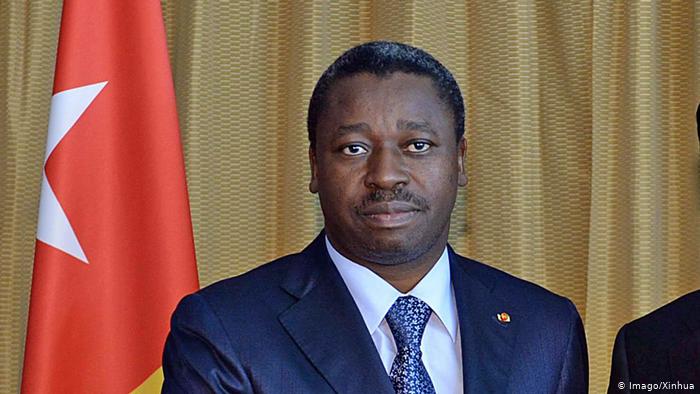DR Congo and M23 rebels to hold direct talks
In a significant development, the Democratic Republic of Congo (DRC) and the M23 rebels are set to hold their first direct talks, raising hopes for a possible resolution to the years of violent conflict. The talks are scheduled to take place in Doha, Qatar, on Wednesday next week, following a series of private discussions between the two sides. These talks come amidst a dire humanitarian crisis in the eastern DRC and increasing fears of the conflict expanding into a regional war.
Faure Gnassingbé appointed as new Mediator
In an important move to ensure the success of the peace process, the African Union (AU) has appointed Faure Gnassingbé, the president of Togo, as the new mediator for the talks. He takes over from João Lourenço, the president of Angola, who previously held the mediation role. Lourenço, who is also the current chairperson of the AU, has expressed a desire to focus on his broader regional responsibilities, prompting the AU to appoint Gnassingbé to lead the mediation efforts.
The M23 rebellion and the humanitarian crisis
The M23 rebel group, backed by Rwanda, has wreaked havoc in eastern DRC, seizing control of the region’s two largest cities in a swift offensive that began in January. This escalation in violence has resulted in thousands of deaths and displaced hundreds of thousands of people. The humanitarian situation has become increasingly dire, with displaced families facing severe conditions in overcrowded camps. Lourenço, in his remarks, emphasized the urgency of achieving momentum in the peace process to alleviate the suffering and avoid further escalation.
Concerns over regional war
There are growing concerns that the conflict could spiral into a broader regional war, particularly given the involvement of Rwanda. The UN and Western governments have accused Rwanda of providing arms and troops to the M23 rebels, a claim that Kigali has consistently denied. Tensions between neighboring countries have further complicated the situation, and any missteps in the mediation process could have catastrophic consequences for the region’s stability.
M23 withdrawal as a goodwill gesture
In a notable development this week, the M23 rebels withdrew from the strategic town of Walikale, signaling what they called a “goodwill gesture” ahead of the planned peace talks in Doha. This move is seen by many as an indication that both sides are willing to engage in dialogue, even if only tentatively. The withdrawal is hoped to help build trust and facilitate the start of productive negotiations.
Challenges of parallel mediation processes
While the direct talks between the Congolese government and the M23 rebels are seen as a positive step, there are concerns about the coordination between the AU’s mediation efforts and the parallel facilitation process happening in Doha. Some analysts fear that these multiple mediation efforts could lead to confusion and undermine the progress of the peace talks. How the two tracks align, or fail to align, could determine whether the dialogue leads to lasting peace or further delays.
The role of international stakeholders
The international community, particularly the United Nations and Western powers, has been vocal in condemning Rwanda’s involvement in the conflict. The accusations that Rwanda has been arming and supporting the M23 rebels have added a layer of complexity to the negotiations. Rwanda’s denials of these allegations have only intensified the diplomatic tensions, complicating the role of external actors in finding a peaceful resolution.
A fragile hope for Peace
With the direct talks now on the horizon, many are cautiously optimistic about the prospects for peace in eastern DRC. While the withdrawal of the M23 from Walikale and the appointment of Faure Gnassingbé as mediator are seen as positive steps, the road to peace remains fraught with challenges. Both sides will need to demonstrate genuine commitment to dialogue and to addressing the underlying political and ethnic issues that have fueled the conflict. The coming days will be critical in determining whether this round of talks can indeed bring an end to the fighting that has ravaged the region for years.





















































